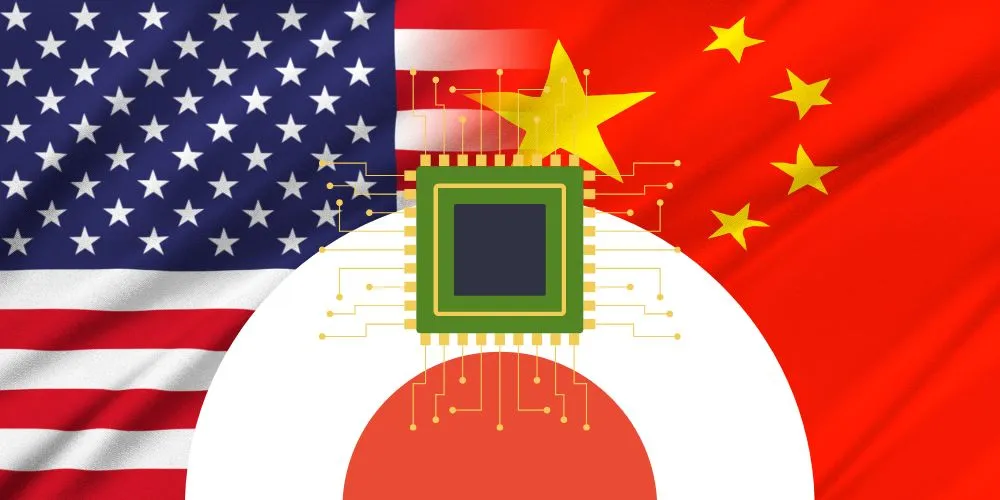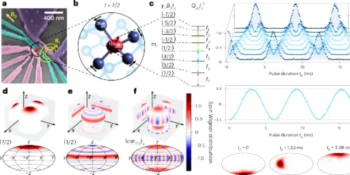Key Points:
- China threatens economic retaliation against Japan over restrictions on chipmaking equipment.
- Toyota has warned that China could limit Japan’s access to minerals essential for automotive production.
- China opposes disruptions to the global supply chain and politicization of trade and technology.
- Japan’s export controls align with U.S. efforts to curb China’s semiconductor manufacturing capabilities.
China has issued a stern warning of severe economic retaliation against Japan if it continues to impose restrictions on the sales and servicing of chipmaking equipment to Chinese firms. According to a Bloomberg News report citing sources familiar with the matter, Toyota Motor has privately cautioned Japanese officials that China could retaliate by limiting Japan’s access to crucial minerals needed for automotive production.
In recent meetings, Chinese officials have repeatedly communicated their stance to their Japanese counterparts, emphasizing that Beijing views these restrictions as a significant threat to global supply chain stability. China’s foreign ministry has criticized what it perceives as the politicization of normal economic and trade cooperation and the imposition of technological blockades against China.
“China has always been committed to maintaining the safety and stability of the global production and supply chain, and has always implemented fair, reasonable, and non-discriminatory export control measures,” said Mao Ning, a spokesperson for the Chinese foreign ministry, during a regular news briefing. Ning further stated that China firmly opposes any “artificial disruption” of global supply chains.
Japan’s decision to restrict exports of 23 types of semiconductor manufacturing equipment, which took effect in July, aligns with a broader U.S. initiative to limit China’s ability to produce advanced chips. This move has drawn criticism from Beijing, which argues that such measures could undermine global trade and technological cooperation.
The restrictions are part of a coordinated effort by the U.S. and its allies to curb China’s access to advanced technology, which they believe could be used for military purposes. However, this has escalated tensions between China and countries like Japan, potentially impacting other sectors, such as automotive manufacturing, where access to critical minerals is essential.
As Japan navigates these complex international dynamics, the potential for economic retaliation from China remains a significant concern, underscoring the broader implications of technology trade restrictions on global industries.












